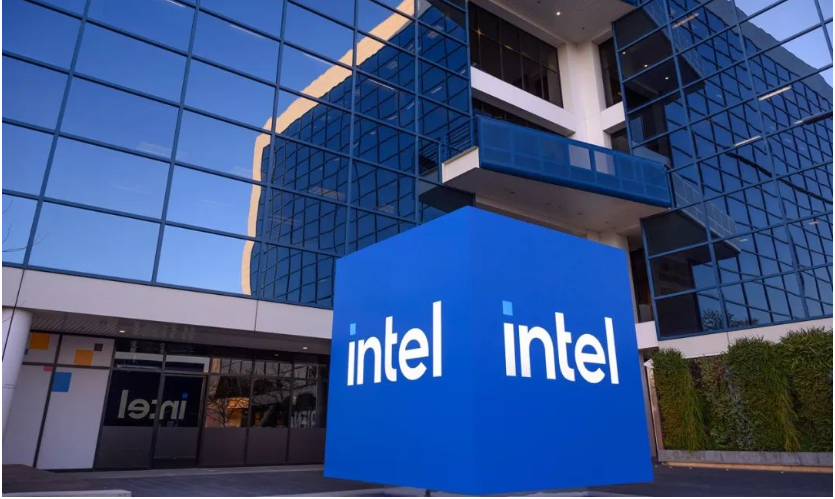
The upcoming Clearwater Forest Xeon chip series will be a key component of Intel's entire transformation plan. Because this is the first chip to be mass-produced on the Intel 18A (1.8nm) process node, which is so important that Intel CEO Pat Gelsinger has stated that he is betting the entire company on it.
Intel will use Intel 18A nodes to produce a large number of other chips, but timely mass production of Clearwater Forest chips is crucial for building potential customers' confidence in Intel foundries, which is key to Kissinger's entire transformation plan. This also marks Kissinger's final attempt to develop five nodes within four years to stimulate the recovery of this struggling chip manufacturer.
Recently, Intel showcased the Clearwater Forest chip for the first time at its enterprise technology exhibition in Portland, Oregon, but this chip will not be available until some point next year. Intel also released its latest Xeon 6 Granite Rapids data center chips at this event, which do look very promising - for the first time since launching EPYC in 2017, Intel has now caught up with AMD's data center processors in terms of core count.
However, although the Xeon 6 is equipped with Intel's competitive Intel 3 (3nm) process, the underlying process nodes still lag behind the 3nm TSMC process used for the AMD EPYC Turin processor to be launched in October.
Intel plans to surpass TSMC's technology in several key standards with the Intel 18A process, thereby driving the company's historic recovery - this is where Clearwater Forest plays a role. As the first mass-produced Intel 18A chip, it is not only crucial for Intel's products, but also for its subsidiary Intel Foundry to become a foundry chip manufacturer for other companies, just like its competitor TSMC. Kissinger's plan ultimately depends on manufacturing chips for other companies to maintain the cash flow needed to continue developing cutting-edge chip technology.
Earlier in September, Intel cancelled the temporary Intel 20A (2nm) process, which provided a development platform for disruptive technology driving Intel 18A nodes. This means that Intel 18A now bears a greater responsibility to save the company.
Intel's situation is getting worse and worse. Intel's market value has now fallen to only $96 billion, while companies that were often defeated by it in the past have risen to new highs, such as AMD, whose market value is currently $250 billion, and Nvidia's market value is slightly lower than the staggering $3 trillion. Surprisingly, even storage providers such as SK Hynix and Samsung seem expected to generate more revenue than Intel in the third quarter, which was once an unimaginable feat as storage providers capitalized on the boom of artificial intelligence.
Intel continues to cut projects and has recently started laying off over 15% of its workforce, or 15000 people. It even released another emergency restructuring plan, which includes suspending several wafer fab projects.

